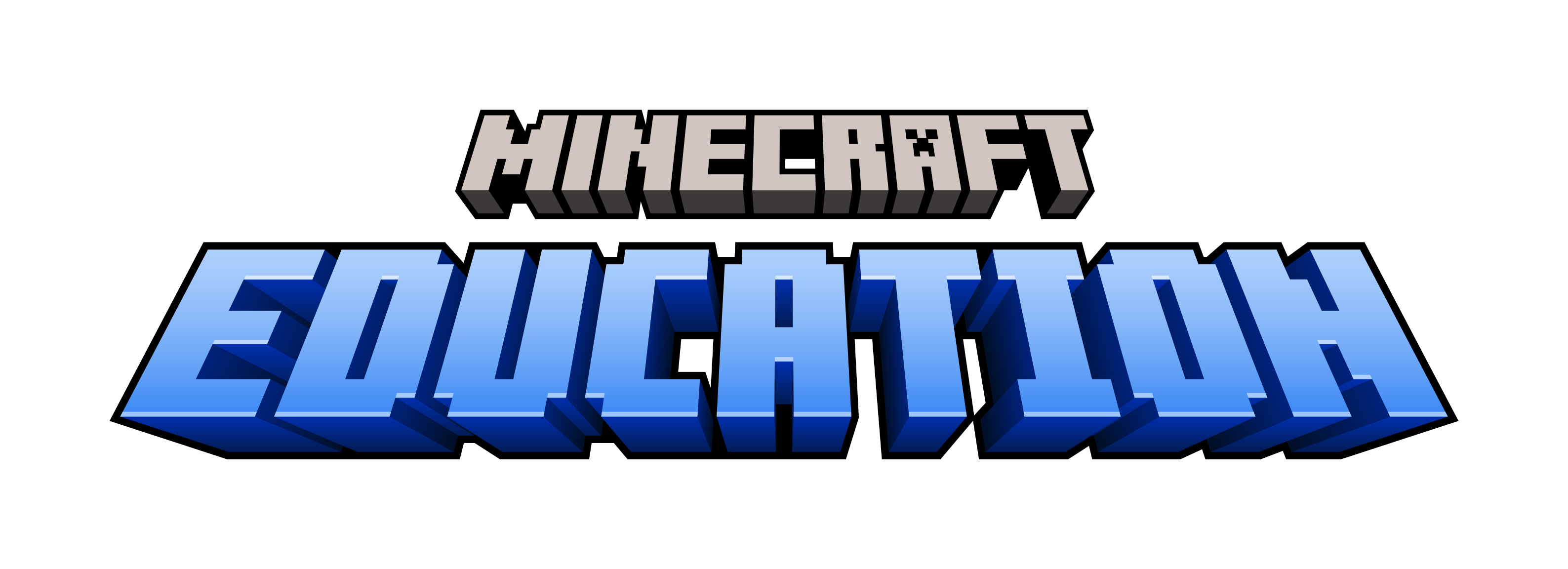As a Minecraft Education Global Mentor and Ambassador, I've witnessed firsthand the transformative power of this sandbox platform in various educational settings. Recently, I had the opportunity to collaborate with The Empowering Hive, a nonprofit providing support to young people with autism, on a groundbreaking workshop program that leveraged Minecraft Education as a medium for autism group therapy.
Our initiative aimed to utilize the engaging, flexible nature of Minecraft Education to foster social and emotional learning among participants on the autism spectrum. Group therapy offers a unique environment for developing social skills through structured interactions and collective activities. By integrating Minecraft Education into this therapeutic approach, we created a familiar and enjoyable setting for participants to work collaboratively.
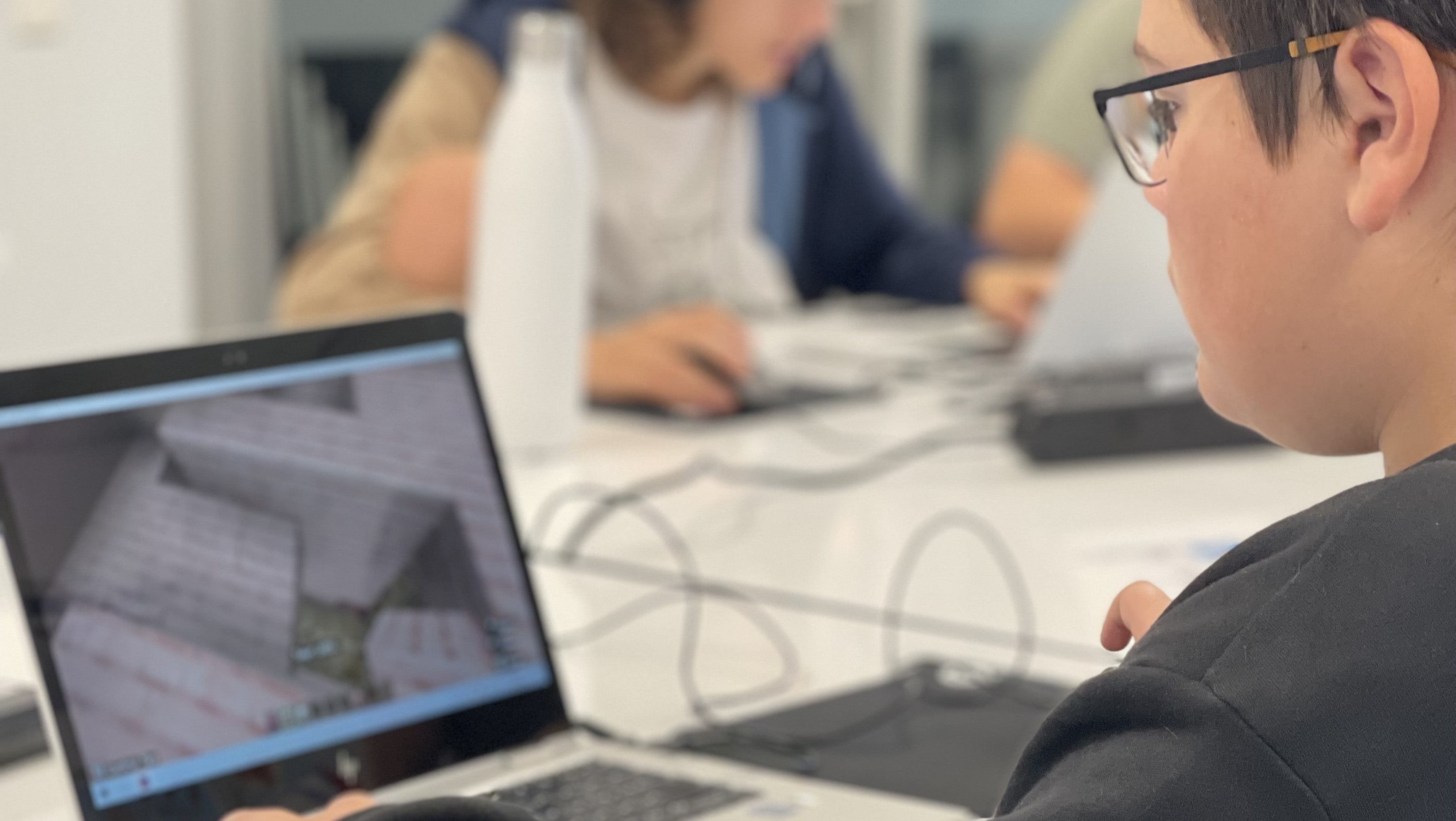
We structured the workshop to progress from individual tasks to pair-based and team-based challenges, promoting cooperation and teamwork. Minecraft Education's extensive in-game library of "maps" and "worlds" allowed me to design a program with a scaffolded set of challenges. This approach helped participants build confidence and establish skills individually before advancing to more interactive and communicative tasks with peers.
The chosen in-game lessons were:
- Practice Plaza – 12 building zones
- Creative Coliseum– 6 pairs building zones
- Blockbeard’s Gold Race – multi-stage checkpoint speed run
- Capture the Flag – 5 versus 5 competitive Minecraft map (created by Evgenii Permiakov)
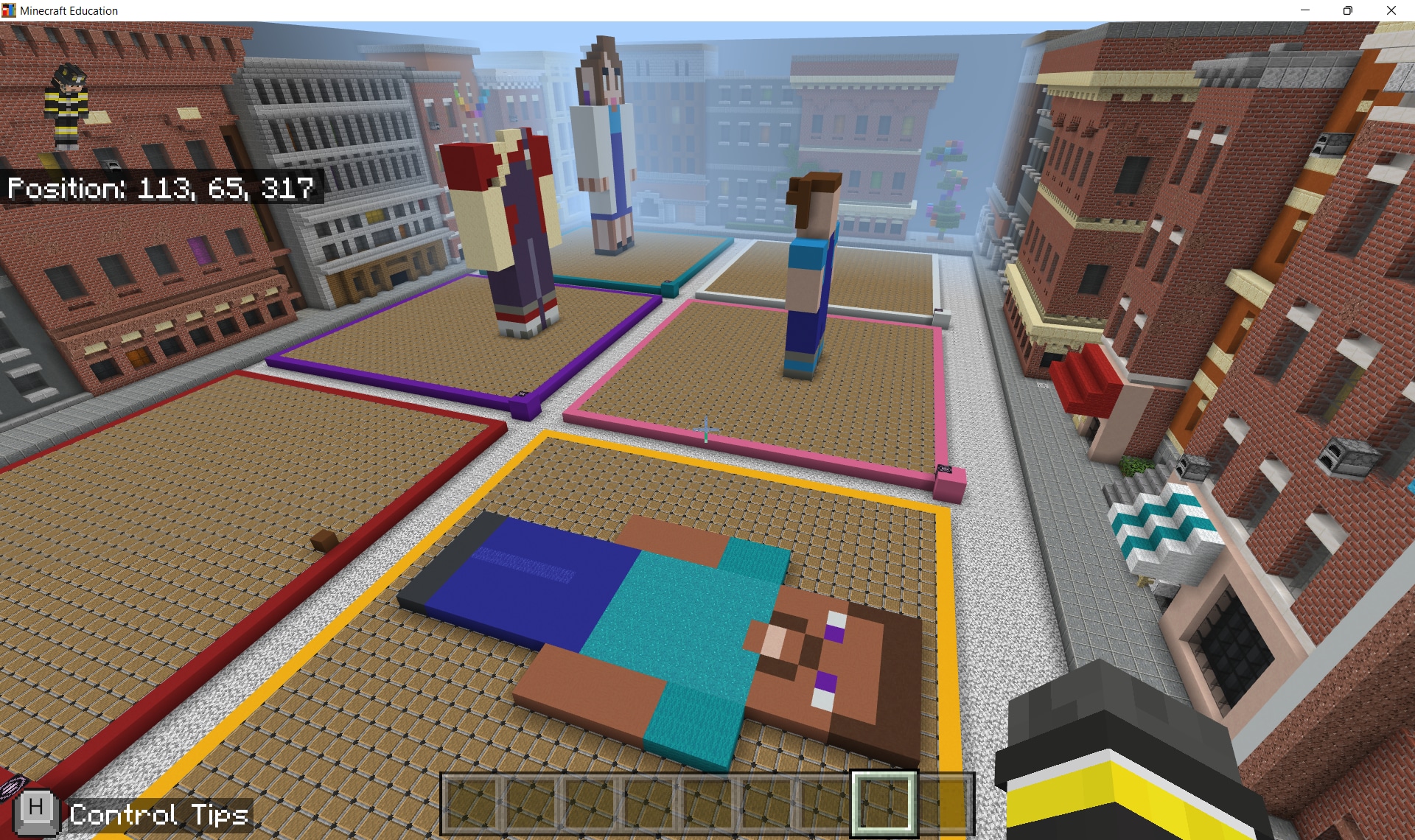
To reinforce positive behaviors, we implemented a "star" system on good gamer charts for each participant. These stars recognized valuable skills that contribute to better gaming in group settings, such as using a quiet voice, asking for help, demonstrating persistence, and applying new ideas to solve problems. This strengths-based and capacity-building approach to using video games to support social-emotional learning was informed by the important work of Matthew Harrison and Jess Rowlings from Next Level Collaboration in Victoria, Australia.
During the day program, we observed benefits in the participants' social interactions and emotional awareness. The familiar Minecraft environment served as a comfortable space for many participants to engage in collaborative activities they might have found challenging in traditional settings. We saw improvements in communication, problem-solving, and teamwork skills as participants progressed through the various challenges.
Mikaela Hayman, Speech Therapist at The Empowering Hive, played a crucial role in shaping the social interactions within the group, ensuring that our young participants had a positive experience playing Minecraft together. This was helped by interviews with participants, where we could assess levels of experience, preferred Minecraft activities and personal social goals. My role involved selecting specific Minecraft games that provided targeted social opportunities, allowing participants to work towards their individual goals throughout the workshop.
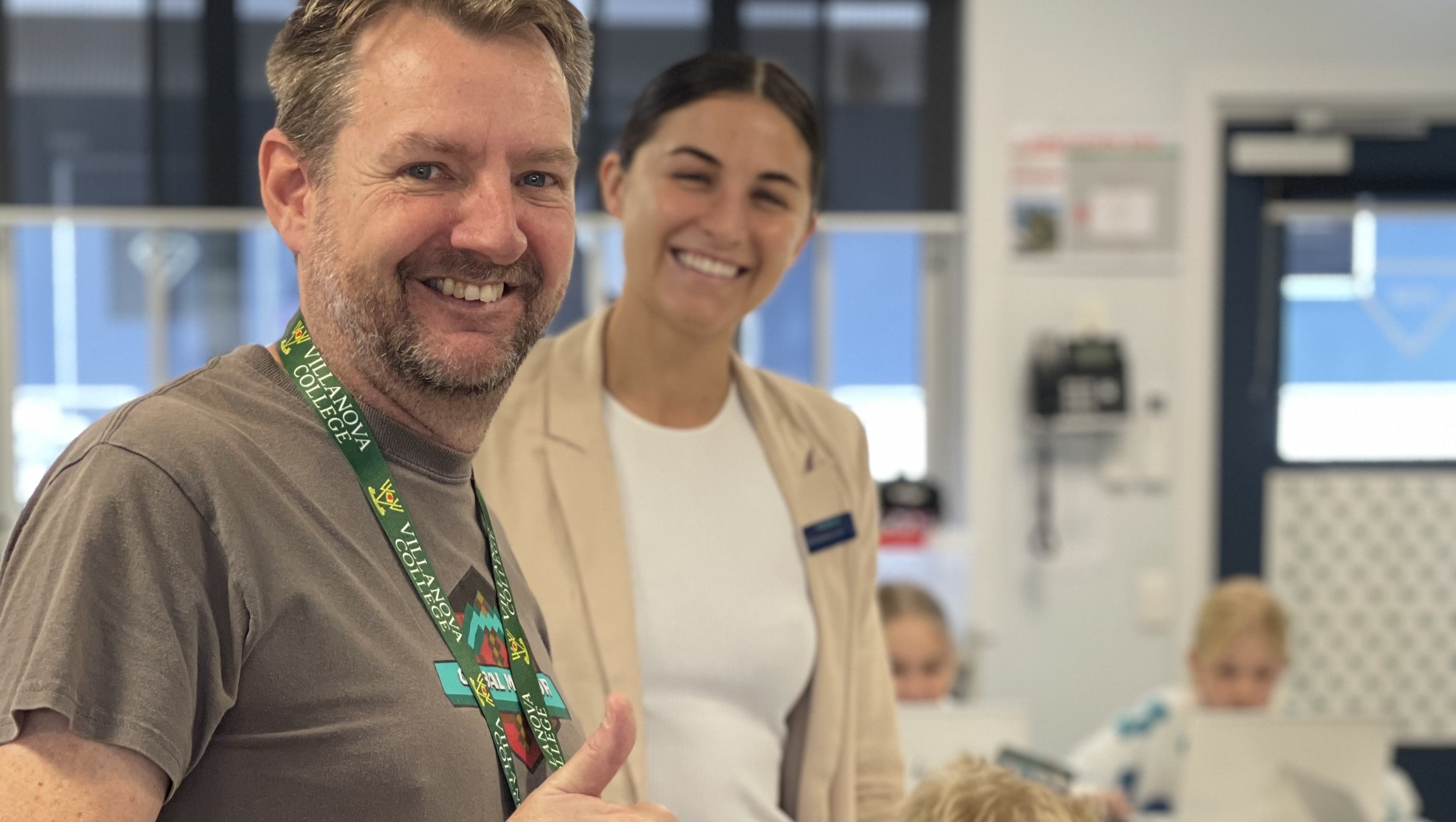
This experience has reinforced my belief in the potential of Minecraft Education as a tool for customized learning environments. By combining the structure of group therapy with the endless possibilities of Minecraft, we've created a unique approach to supporting individuals on the autism spectrum.
As we continue to refine and expand this program, we're excited about the possibilities it presents for autism support and social participation. The success of this workshop demonstrates that we can create therapeutic environments that are both effective and enjoyable for all our young people!
Looking ahead, we plan to further develop this approach, potentially expanding it to other areas of special education and therapy. We're also exploring ways to share our findings and methodologies with other educators and therapists who might benefit from integrating Minecraft Education into their practice.
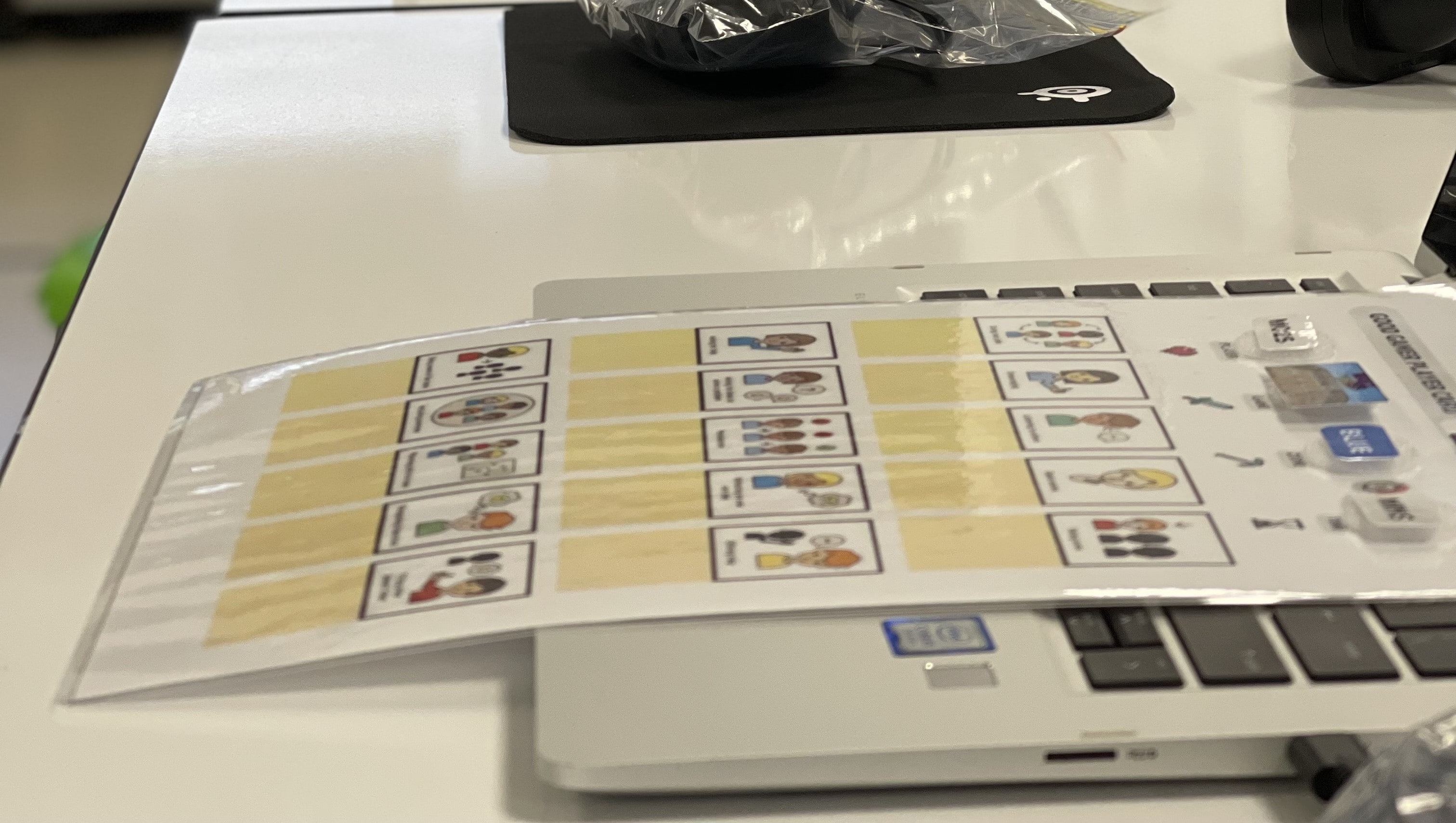
This project represents just one of the many innovative ways Minecraft Education is being used to support diverse learning needs. As we continue to explore the potential of this platform, we remain committed to creating inclusive, engaging, and effective learning experiences for all students.
The workshop's implementation was made possible through community involvement and generous support. The Sycamore School and Villanova College provided essential learning spaces and technology resources, enabling us to bring this innovative program to life.
Jason Lane is the Director of E-Learning at Villanova College and a recognized Minecraft Global Ambassador and Microsoft Innovative Educator Expert.
